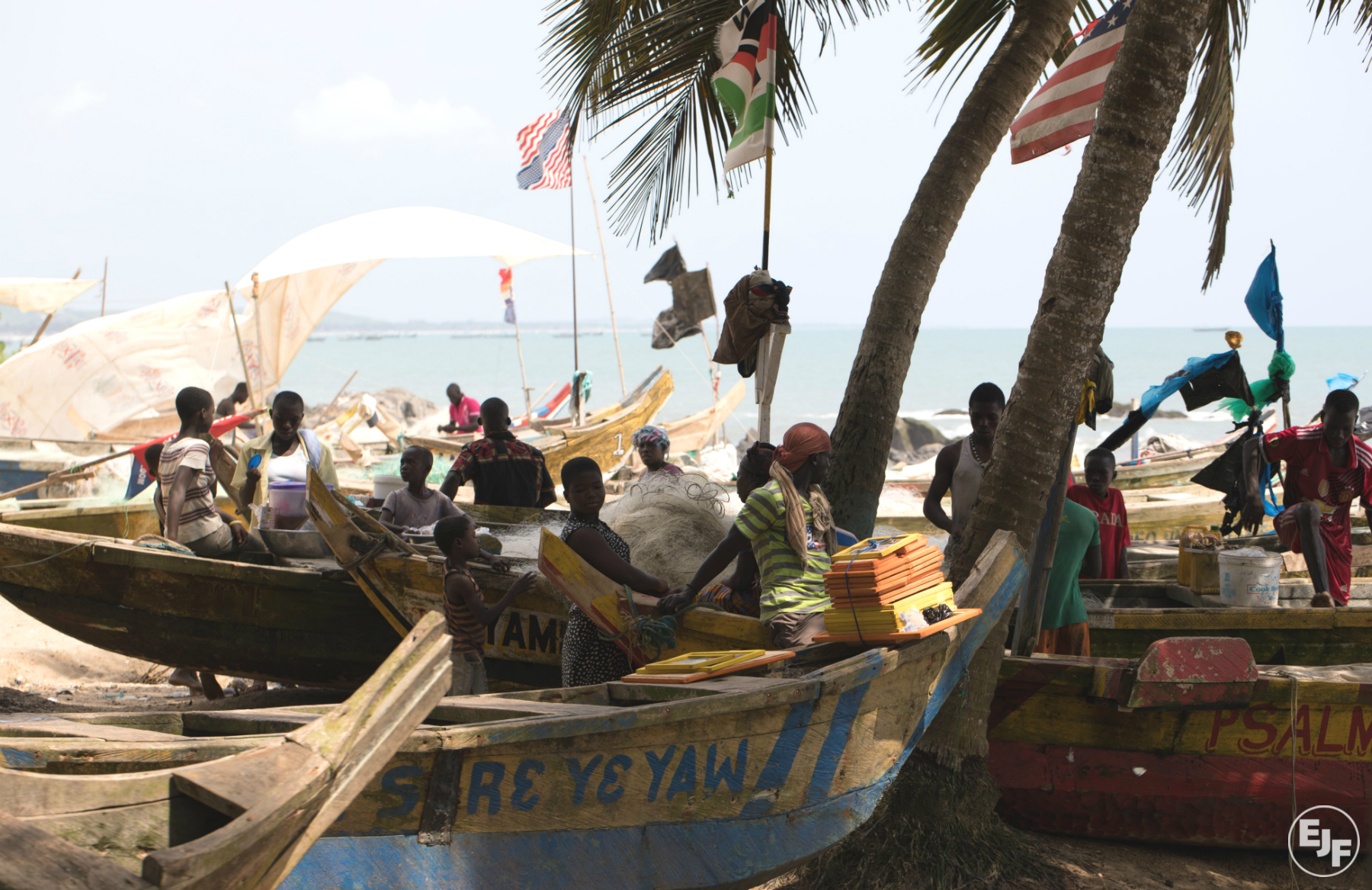Fishing in and around oil and gas production areas at sea has been described as the most dangerous fishing expedition any country in the world Will allow, but that is what is happening in Ghana.
This is where most fishermen love to do their fishing because they enjoy bumper harvest as a result of the high lighting systems installed on the Oil and gas production vessels that attract huge number of fishes during the night.
Several efforts have been made by government through the Ghana Navy and the Marine Police to arrest some these recalcitrant fishermen and seizing their fishing nets but the act continues. it has been established that most of the fishermen use naked fire, that’s charcoal fire to cook food during g their fishing activities and there is a fear that continuous closeness to the oil drilling vessels could cause a massive explosion that would destroy both human and marine life and force huge tonnes of oil spillage on the Atlantic Ocean.
The Chief Executive of the Petroleum Commission, Egbert Fabille in a statement expressed worry over the growing reports of incursions into the safety zones
According to him a new data published by the Commission shows that within the first quarter of 2021, safety zones around Ghana’s oilfields offshore recorded 1986 incursions.
The report, titled ‘Coexistence: Implications of incursions into safety zones’, explained that an incursion occurs when Safety Zones around offshore facilities and installations are breached by persons, especially fishermen.
The Commission revealed that all of the Floating Production Storage and Offloading (FPSO) vessels in Ghana’s offshore oil fields recorded incursions.
Outlining the implication of such acts, the Petroleum Commission warned that there could be explosions since some fishermen enter the safety zones with naked flames – such as burning charcoal and coal-pots onboard their canoes.
“Taking coal-pots and fire to FPSOs is dangerous. Ghana will lose if there is an accident as a result of a fire. These FPSO should be seen just like tankers carrying gas, because they are highly inflammable,” Chief Executive of the Petroleum Commission, Egbert Fabille Jnr., warned at a stakeholder meeting with all players in the marine industry.
He cautioned that accidental release of hydrocarbons could cause serious danger to oil fields if fishermen continue to enter the safety zones with their canoes – carrying flammable materials.
Mr. Faibille stressed that there are scientific reasons why the marine laws prohibit fishermen from entering into the 500-metre safety zone area to protect lives and properties.
He therefore appealed for education and dialogue to help fishermen obey the law.
“We strongly believe that the Upstream Petroleum Industry should be able to co-exist peacefully with the fisheries and other users of the marine space,” he said.
Meanwhile, the National Canoe and fishermen Council and association has said it has cautioned its members not to fish in the danger zone. Mike Abeka-Edu in a statement said those incursions into the danger zones were also done by foreign fishermen and canoes from some of the West African Countries like Togo, Ivory Coast, Benin and sometime Nigeria.
They therefore urged the security forces to step up their efforts and patrol to arrest and deal drastically with the recalcitrant fishermen. He also promised to continue educating their members to stop making those dangerous incursions into the danger zones.
They however accused the Ghana National Petroleum Corporation, GNPC of diverting educational scholarship and other alternative livelihood packages earmarked for their members for family members and cronies of GNPC staff in fishing districts and communities and urged government to investigate the issue.
By Kwabena Adu Koranteng

